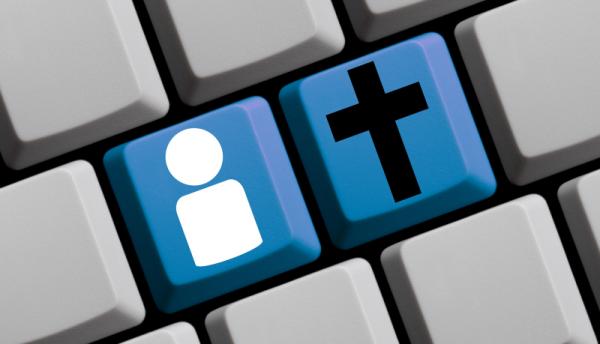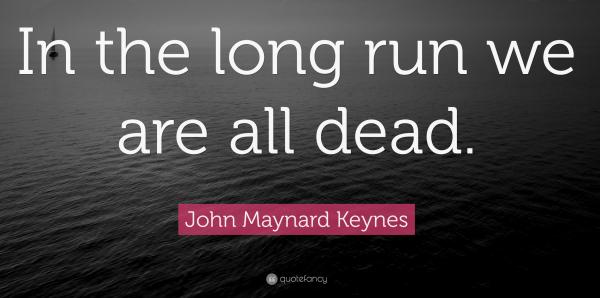Death, the digital way
Death, life: what’s the difference now?

Almost ten years ago, I wrote about side effects of what happens when you die, both in general and on Facebook and Twitter . It’s time to look how things are changed.
Sure enough, we are more prepared, or at least look so. Clear descriptions of your rights over your “digital assets”, as well as, in addition to my own a newer and Ultimate Guide to Digital Death are available.
Even in cyberspace things are changed, and will change even more. In 2013, a relaunch of MySpace “dropped featured used by mourners”. It has been an open secret for years not that Facebook is a “growing and unstoppable digital graveyard”, which will soon have more dead than living users.
How many more? Analyses published in April 2019 suggest that a minimum of 1.4 billion users will pass away before 2100 if Facebook ceases to attract new users as of 2018. If it keeps growing at current rates, that number will exceed 4.9 billion.
Night of the digitally living dead

Source: Wikimedia Commons
</em></u>
At one level, the thing that scares me the most is to see no signs of concern at the mere thought of Facebook still being around (at least) another eighty years. On the other hand, when (not if!) Facebook will go bankrupt or close shop, its dissolution “would arguably make the subject even more important, as the company may be forced to sell or delete their user data”.
Post-mortem selfies and digital divides
Facebook aside, one thing is as sure as it already was ten years ago, just clearer: the digital sphere is transforming also how we experience deaths: ours, and of those around us. Unfortunately, in the same ways as it is transforming everything else: commercialization, inequality and ego boosts.

In the long run we are all dead. Yes, but not all in the same way.
</em></u>
For example,after 2010, we have seen the arrival of “digital death and online afterlife” services, where at least the “online afterlife” part makes me agree with the author of that post:
"[at least when they are dead, shouldn’t] even the most controlling of control freaks should learn to let go?"
Then again, that is just another arena where to play the same egocentric image-building of Instagram and most other social media, isn’t it? And that’s the problem: reducing death to be just as artificial as life.
Actually it may be even worst. In cyberspace Death could be much less of a Great Leveler, and more of another digital divide. Relatively ethernal social media profiles mean that the countries, social groups, individuals… with more bandwidth and digital skills in life, will stay visible much more than the others, much longer. For more data about the “important ethical and political risks” involved, see here.